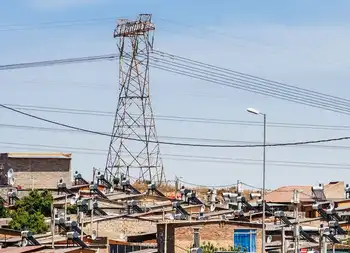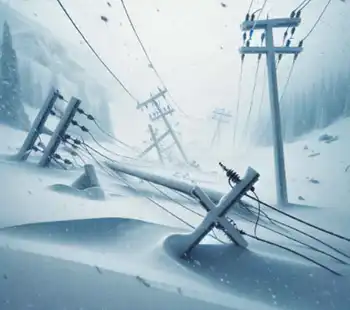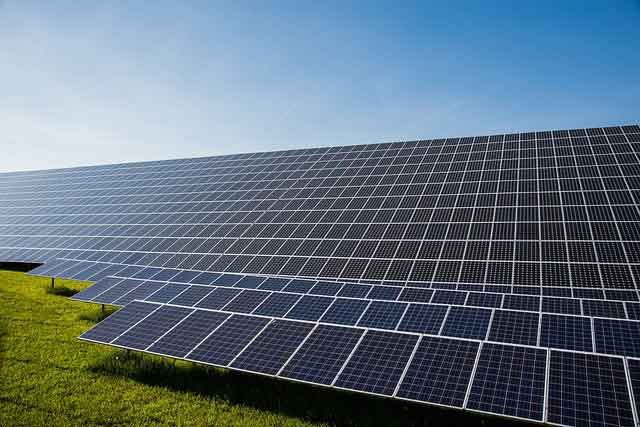National Grid to continue infrastructure investments with rate increases
By National Grid
NFPA 70e Training
Our customized live online or in‑person group training can be delivered to your staff at your location.

- Live Online
- 6 hours Instructor-led
- Group Training Available
In its proposal, the company requests approval to set new distribution rates that would add approximately seven percent or $7.75 to the monthly bill of a typical residential customer using 500 kilowatt hours of electricity. To ensure the company invests, operates and maintains its distribution system wisely, the proposal will undergo a thorough review process that typically lasts 11 months. If approved, the new charges would take effect on October 1, 2016.
“Through projects that make the system more resilient and an overhaul in the way we communicate with our customers, we have moved closer to the kind of service our customers expect on blue sky days and during storms,” said Marcy Reed, president of National Grid in Massachusetts. “As the costs of providing this service to our customers have increased, our distribution rates have remained stable over the last six years. We are no longer recovering our investments. While it is never a good time to raise rates, it is critical that we review real, current costs now to be able to attract investors who shoulder the up-front investments in the system and allow us to deliver electricity safely and reliably.”
Distribution rates represent approximately one-quarter of a customer’s bill. This charge covers the cost of running National Grid’s business, including the operation and maintenance of the poles and wires that distribute electricity from the beginning of the company’s distribution system to National Grid’s 1.3 million Massachusetts electricity customers. In addition to the increased costs of operating and maintaining the system, the proposal includes other costs, such as the recovery of the company’s Massachusetts property taxes – which have doubled since our last rate case in 2009. Coupled with decreases in some parts of the delivery charge, the requested net increase in distribution rates is $142.9 million.
In Massachusetts, distribution rates are based on actual investment in the equipment needed to distribute electricity, along with operation and maintenance costs, from a recent year. Currently, National GridÂ’s rates reflect the cost of doing business in 2008. This proposal would update rates to reflect the cost of doing business during the year ending June 30, 2015.
Winter Supply Prices
Distribution rates are separate and distinct from the electricity supply portion of customer bills, which reflects the cost of electricity supply in the market. While distribution rates have remained stable, supply prices have been volatile in recent years, largely due to natural gas pipeline constraints.
The supply price is adjusted twice a year for residential and commercial customers in accordance with the DPUÂ’s procurement rules. Electricity commodity prices, which can account for up to two-thirds of a customerÂ’s bill, are market-based costs that National Grid does not control. On November 1, supply prices for National Grid customers increase from about 9 cents per kWh to 13 cents per kWh.











